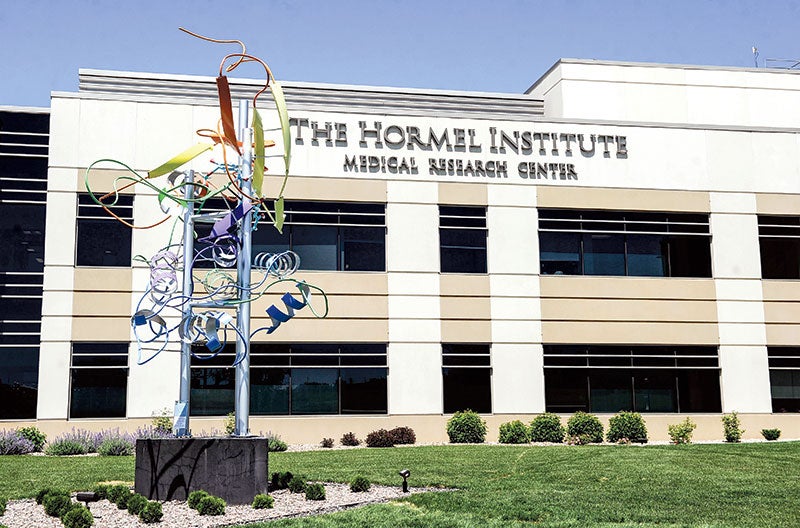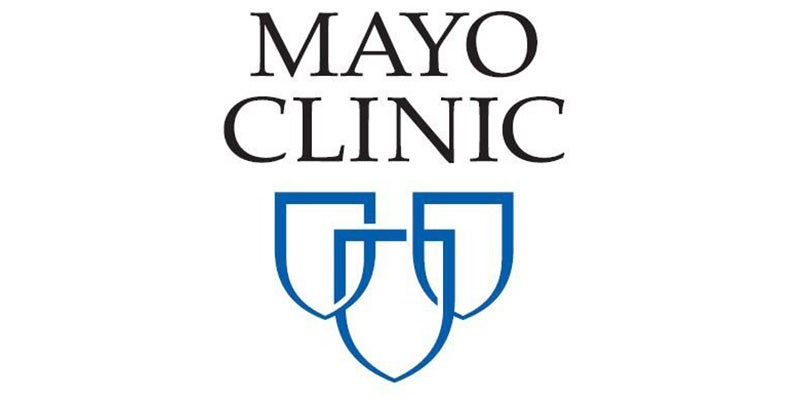High deductibles keep people away from the doctors
Published 10:12 am Wednesday, February 11, 2015
By Mark Zdechlik
MPR.org, 90.1
Several years ago, 49-year-old Frances Fisher had to switch from a generous health plan to one with a high deductible when her husband switched jobs.
After the health plan switch, she developed gastrointestinal bleeding. And even though she had insurance, she didn’t go to the doctor for months, certain it wasn’t cancer.
Fisher, a mother of three and Girl Scout leader who lives in an affluent neighborhood, knew that she would likely pay more out-of-pocket by seeing a doctor right away. By waiting until after the first of the year, Fisher thought she would limit her expenses.
Fisher’s concern is likely shared by others in Minnesota, which has some of the lowest health insurance premiums in the country, but also tends to have high deductibles. Deductibles also are rising in other states, so much so that there are growing concerns nationwide that there are millions of people with health insurance they cannot afford to use.
Last year eight in 10 insured workers nationwide had deductibles, up from about half in 2006, according Kaiser Family Foundation research. The average amount workers had to pay before their coverage kicked in was $1,217 — more than double the average in 2006.
When Fisher went in for tests, she learned that she did have cancer. Doctors diagnosed a stage three rectal tumor.
Seven years later, Fisher is cancer free. But she’ll always wonder whether the surgeries and chemotherapy would have been as much of an ordeal had she gone in earlier. Never again, she says, will she put off health care to save money.
“I knew something was wrong and didn’t do anything about it,” she said. “Yeah, it wasn’t the most intelligent thing I’ve ever done.”
Fisher eventually decided not to let finances trump health, but as deductibles rise nationwide, research indicates more people are making the same economic decisions.
Common features in health plans, deductibles require the consumer to pay a certain amount out-of-pocket before the insurer is on the hook.




